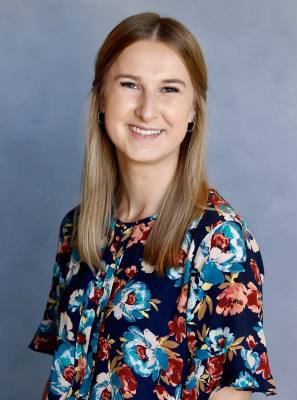Plano ISD has begun piloting its Telemedicine Health and Behavioral Health program. The telemedicine pilot is expected to transition to a full program for the 2020-21 school year, according to Jana Hancock, director of Guidance and Education Services at PISD.
This program is in partnership with Children’s Health and connects students to a doctor or behavior health specialist via tablet. This allows for students to stay at school and parents to stay at work during the day.
When a child is sick, school nurses will determine whether or not they need to see a provider and discuss the possibility of an appointment. The student will then return to class until their scheduled appointment time, when the school nurse and Children’s Health provider will conduct an exam with video technology.
An after-visit summary will be provided to the school nurse and parents. If prescriptions are needed, they can be called into the family’s preferred pharmacy. This program is not meant to replace primary care providers, according to Staci Antelo, director for District Health Services at PISD.
“What we want to do is try to connect these families, perhaps, with a primary care physician that they don’t already have in place or just supplement what they already have,” Antelo said at a board meeting Sept. 3.
Asthma, colds, flu, fever, pink eye, sore throat, allergies, head lice and cough are among the sicknesses that can be treated by the telemedicine program.
Families at Barron Elementary and Armstrong Middle School are currently piloting the health program. Enrollment events were held at registration and at Meet-the-Teacher Night. Nurses at these schools have received training on how to use the Children's Health cart and equipment.
The behavioral health program allows for students to receive help from a licensed behavioral health specialist during the school day. These televisits are equipped to address common behavioral health issues in students, such as depression, anxiety, low self-esteem and lack of coping skills. Services are available in English and Spanish.
“Destigmatization is also an important element,” Hancock said at a board meeting Sept. 3. “We want students to understand, and we've discussed this before in this room, that behavioral health issues are normal, they’re a normal part of living and everyone struggles at one point or another. And it's a perfectly normal thing to receive help from someone.”
Sessions are 30-40 minutes long and are scheduled to avoid disrupting academic coursework. A typical number of sessions for a student is six to eight. If families are interested in ongoing follow-up behavioral care, Children’s Health staff can provide this care.
Frankford Middle School and Shepton High School families are currently piloting the behavioral health program. Campus counselors initiate the process by referral and have received training on procedures and how to use the tablets.
Children’s Health makes financial arrangements and handles the documentation and billing process for the behavioral program. Practitioners are able to accept students with insurance, Medicaid or CHIP eligibility.





